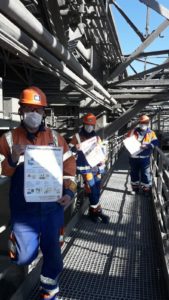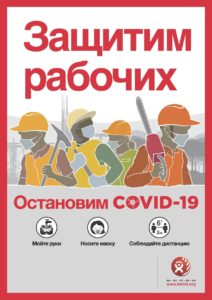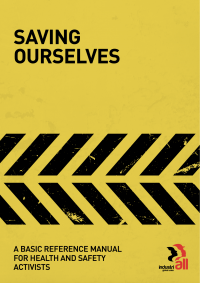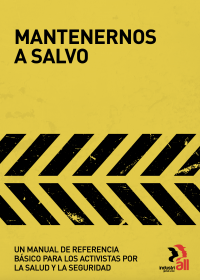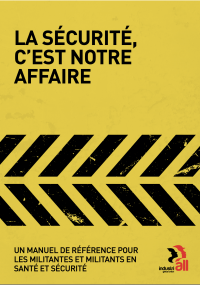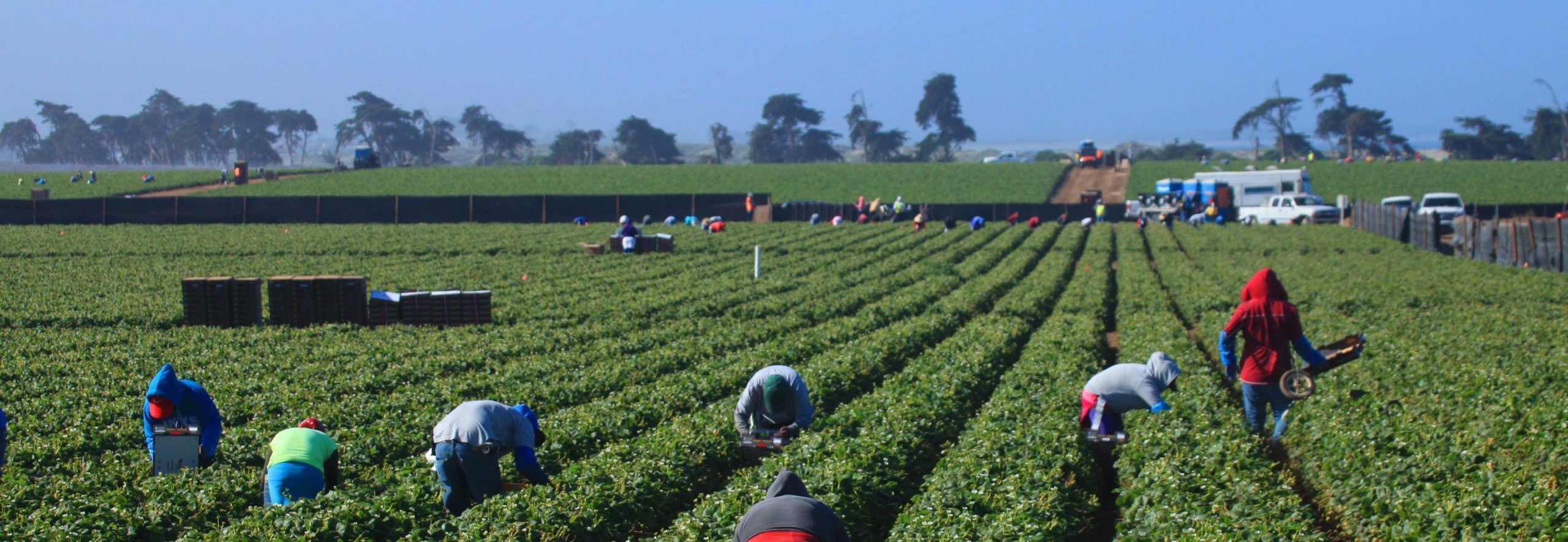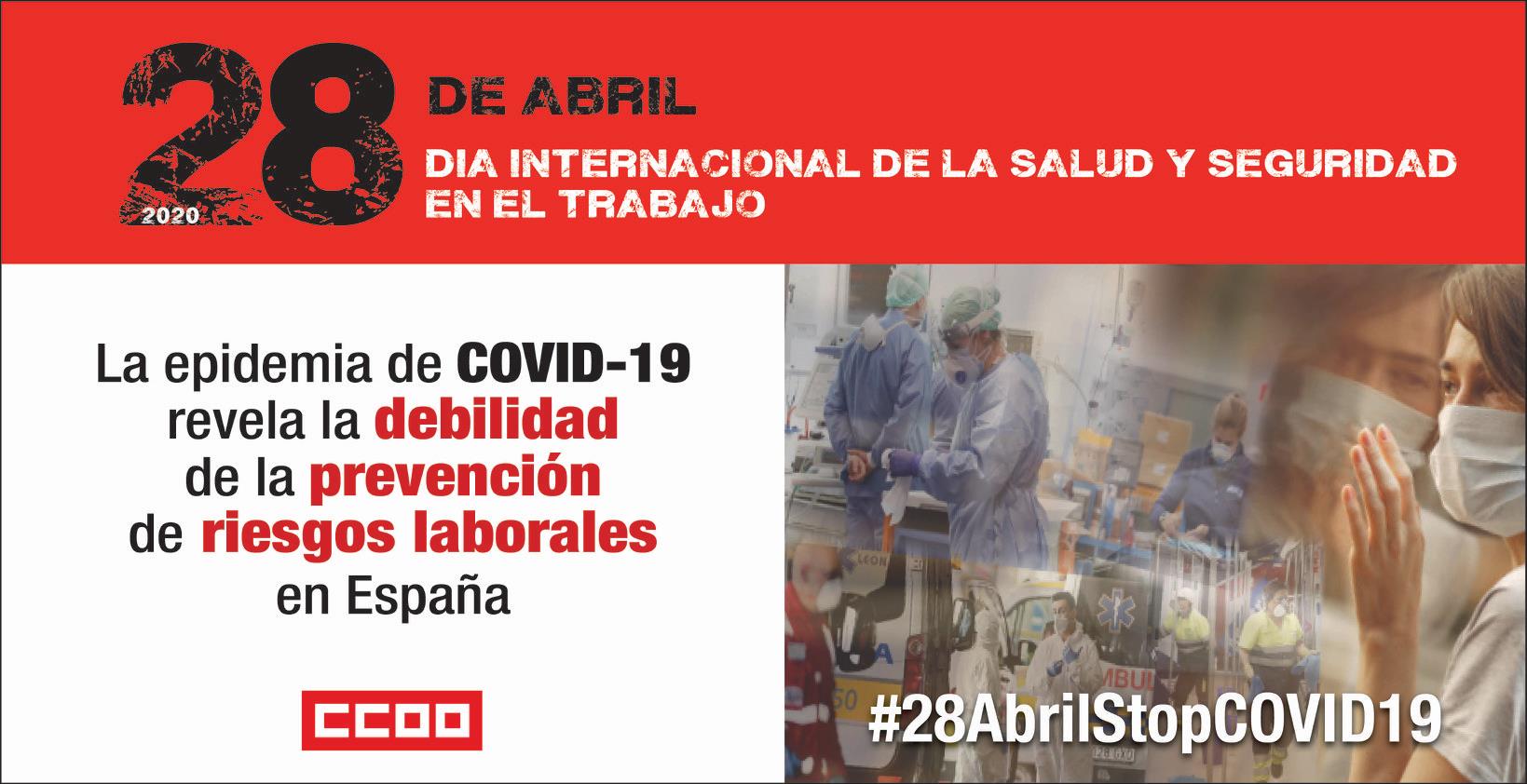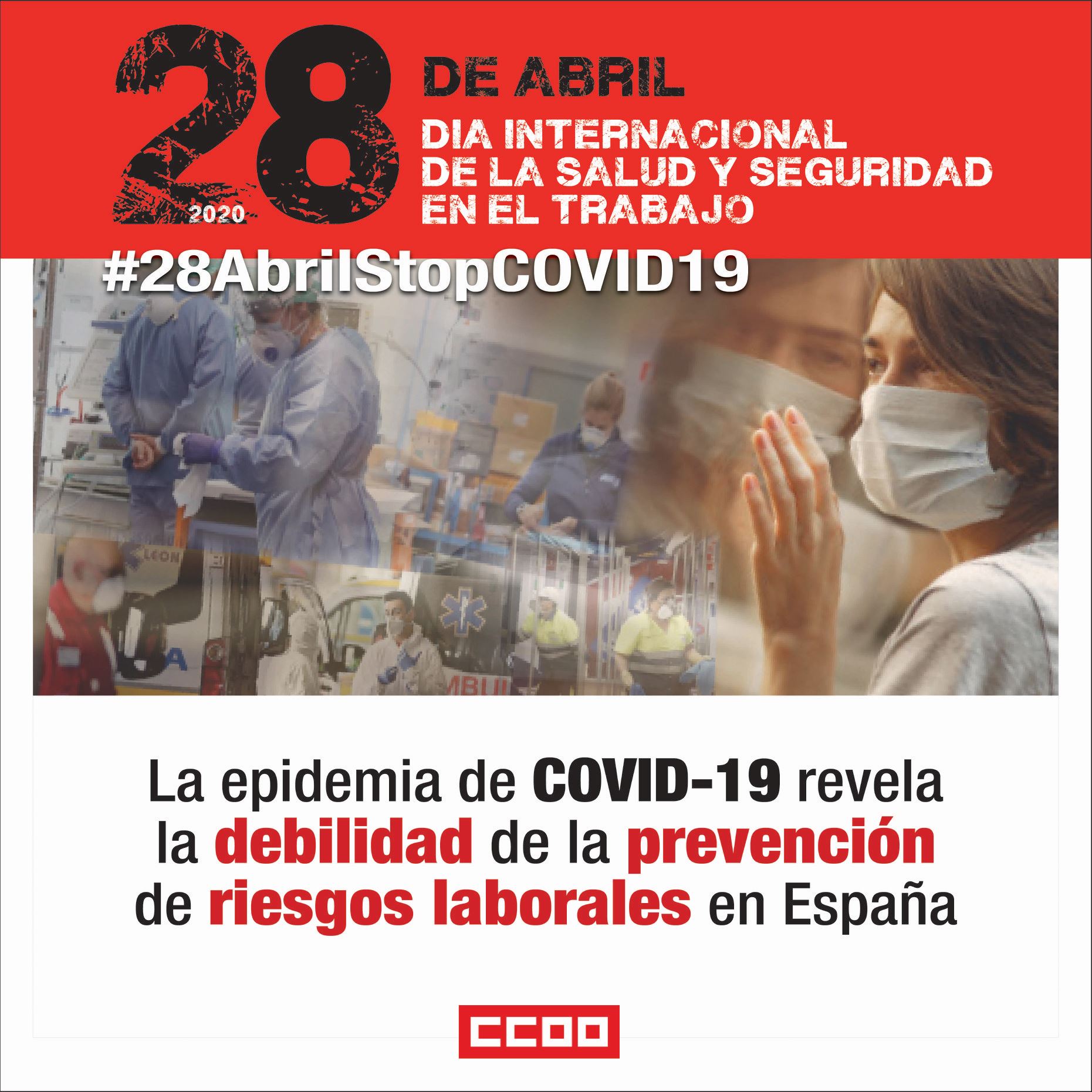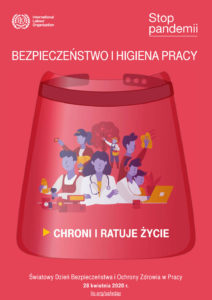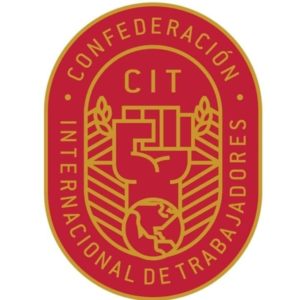What is the biggest challenge to health and safety in the workplace?
“The biggest challenge is to understand that health and safety at work is neither a perk to be bargained for nor a favour to be asked. It is our right.
“No wage is worth our health or our life, and no remedy can be granted by an arbitrator that will restore our health or our life, once it is lost.”
Is there a quick fix?
“If there is a quick fix, I have not found it in over 40 years of health and safety activism! Our rights are never granted easily, they must always be won by activism and determination. Indeed, every right that we now enjoy followed, and never preceded, the demands and determination and activism of people.
“There is no silver bullet; a safe and healthy workplace is the result of ongoing effort and attention.”
What is IndustriALL’s role in promoting health and safety in the workplace?
“IndustriALL can support union activists in their struggle by providing a framework for understanding occupational health and safety from a trade union point of view. Safe and healthy workplaces are the result of effective and overlapping safety systems: materials, tools, equipment, workplace environment, management priorities, policies, programmes, work procedures – and of course people.
“All of these must be designed, tested, educated or trained to be as safe and healthy as possible.”
How do we stop the corona virus at work?
“The Covid-19 pandemic that we now face is an extraordinary situation, but the principles of infection control are known and have been known for decades. Keep yourselves – especially your hands – clean. Keep equipment, tools, controls and surfaces clean. If social distancing cannot be maintained in your workplace, consider masks – but make sure you wear the correct mask and implement the mask program with appropriate education and training and auditing. (Any respiratory protection programme, whether to wear a simple surgical mask or a supplied-air respirator, needs careful implementation and follow-up to succeed.)
“Think about routes of transmission: during the commute to work and home again, at shift changes, near particular pieces of equipment, in the lunch room, washrooms – wherever people will share breathing space.
“Ensure that workers have sufficient “sick leave” so that they do not feel the need to come to work while sick. Implement a testing program when tests become more readily available. Have a plan to accommodate workers who have higher risk levels. Have a plan to deal with a worker who begins to feel symptoms while at work – how will you get them to medical care, and how will you trace and track every worker that they came into contact with?
“These are just examples, there are extensive guidelines available from the World Health Organization and from national governments and other credible sources. There is also a lot of misinformation out there, so make sure you are getting your guidance from a credible source!”
What rights do workers have?
“Trade unions insist on three basic occupational health and safety rights for workers: the right to know, the right to participate, and the right to refuse or shut down unsafe work.
“The right to know means to know everything there is to know about the hazards of our work, and to receive the necessary education and training to do the job safely.
“The right to participate means to be full partners in the development and implementation of all workplace health and safety policies, programmes, procedures, accident/incident investigations, inspections, audits, risk assessments – everything. We want health and safety done with us, not “to us”. The only people with the moral authority to assess a risk are those who face the risk.
“Finally, we demand the right to refuse to perform, or to shut down, any work that a worker believes to be unsafe or dangerous to health – without negative repercussions.”

